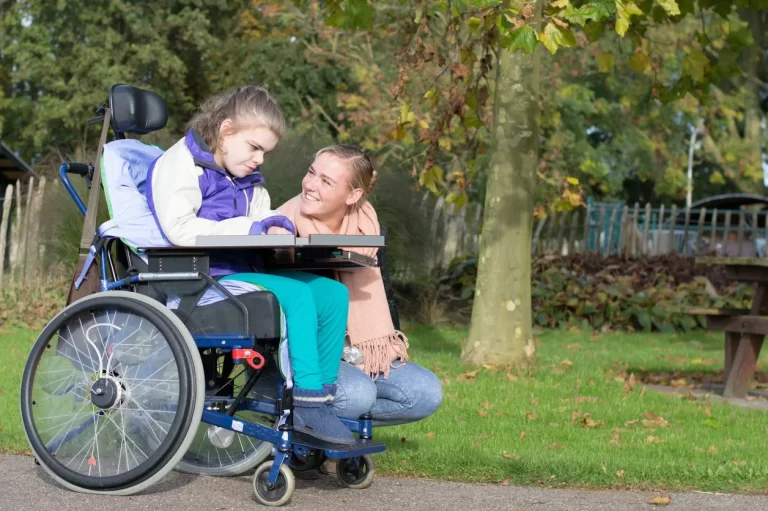Do you have someone in your life who has a disability? Have you thought about how to provide for that person and not disrupt their government benefits? There are two main options, use a trust or an ABLE account. The Pennsylvania Achieving a Better Life Experience (ABLE) Act was created after federal government authorized States to create these programs. The federal legislation that created these programs can be found in the Internal Revenue Code in Section 529A. Similar to college accounts that can be found in section 529, the ABLE accounts allow states to create tax advantaged savings programs for eligible people with disabilities. When funds are used for a qualified disability expenses, those distributions are tax free.
There are two requirements for a person to meet in order to be eligible for the PA ABLE account. First, the person must have a qualifying disability. Second, the qualifying disability must have started prior to age 26. A qualifying disability can be proven by entitlement to Supplemental Security Income (SSI) or Social Security Disability Insurance (SSDI) benefits based on blindness or disability. As an alternative for those who are not entitled to SSI or SSDI, a qualifying disability can be proven by self-certification of a similarly severe disability, which can be demonstrated by blindness as defined by the Social Security Act (SSA); or a medically determinable physical or mental impairment with marked and severe functional limitation that has lasted or is expected to last, at least 12 continuous months or result in death; and have a written disability-related diagnosis signed by a physician.
Currently the contribution limit is $15,000 per year, but this may be adjusted in accordance with federal inflation. There is an exception to the $15,000 contribution limit for ABLE account owners who earn income. Family and friends may contribute to the ABLE account up to the yearly limit (this is not per contributor). Currently the maximum value of an account allowed is $511,758; however, if the account exceeds $100,000 then it will be counted as a resource and could disrupt a beneficiary’s SSI eligibility. Contributions to a PA ABLE account are tax deductible. 529 college accounts can be rolled over into an ABLE account up to the $15,000 per year limit, and an ABLE account can be rolled over into an account of a member of the original designated beneficiary’s family.
Qualified disability expenses are expenses made for the benefit of the designated beneficiary of the ABLE account and related to his or her disability, including, but not limited to: education; housing; transportation; employment training and support; assistive technology and related services; health; prevention and wellness; financial management and administrative services; legal fees; expense for ABLE account oversight and monitoring; funeral and burial; and basic living expenses. It is important to keep good documentation of these expenses.
The PA ABLE account has many benefits. The entire account is exempt from PA inheritance tax and the Medical Assistance Estate recovery program. The entire account is protected from creditors of the account owner, beneficiary, or contributor. It protects eligibility for PA student financial aid and PA health and disability-related benefits.
The PA ABLE account can be very beneficial for those who are eligible. Call us at 717-697-4700 for more information on how you can help protect your loved ones with disabilities.
Jessica F. Greene, CELA,* LL.M. in Elder Law
*Certified as an Elder Law Attorney by the National Elder Law Foundation as authorized by the Pennsylvania Supreme Court





